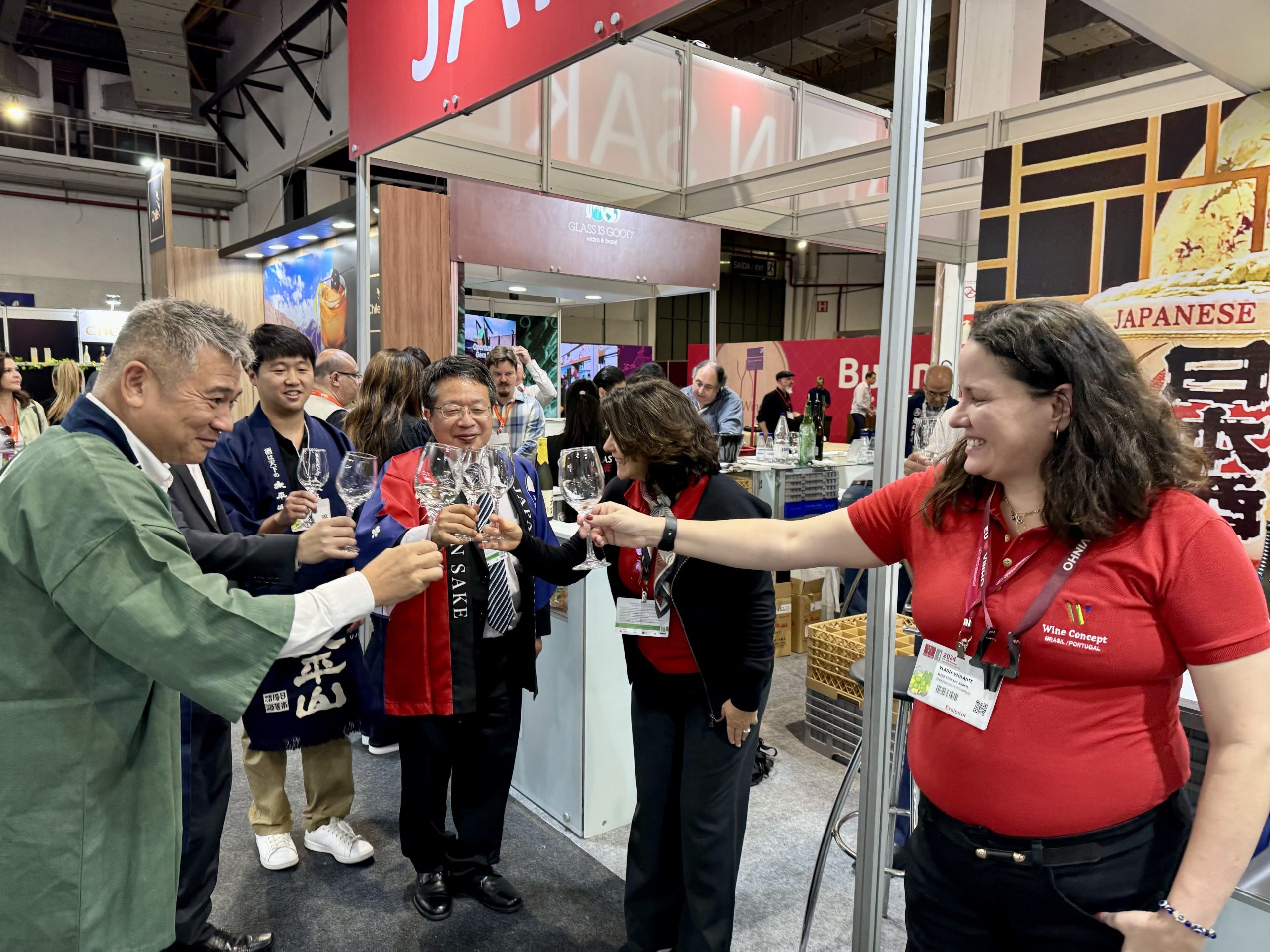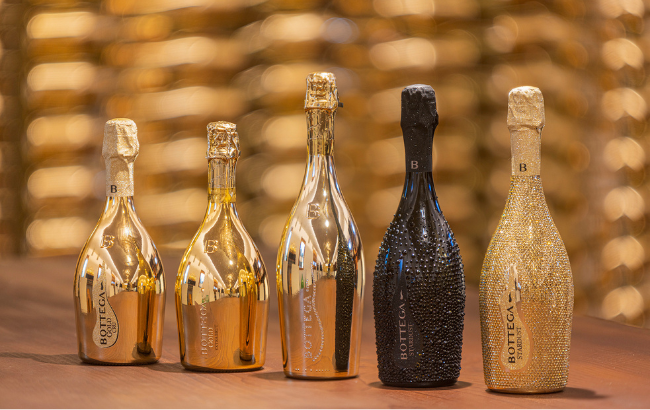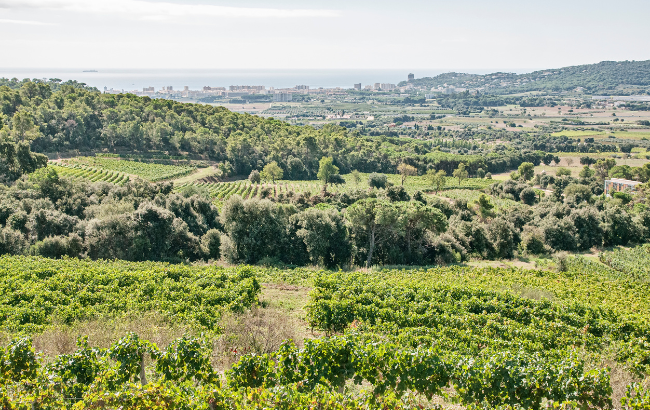End of an era: Parker hands Martin the reins for Bordeaux primeurs
By Rupert MillarUS wine critic Robert Parker has announced he will no longer be responsible for tasting the Bordeaux en primeurs at The Wine Advocate.
At a press conference in London, the veteran Parker handed over responsibility for en primeur to team member Neal Martin, who he described as a “natural” and who he had already hinted could succeed him in a Liv-ex interview back in 2012.
On the bulletin board of eRobertParker, he wrote: “As just part of the planned coverage for this year, Neal will review the 2014 en primeur releases from Bordeaux. Meanwhile I plan to review the newly bottled 2012 vintage wines and produce a comprehensive 10-year retrospective on the incredible 2005 Bordeaux vintage.”
Despite describing change as “inevitable”, having followed nearly every en primeur campaign since 1978, he remarked on Twitter that he was going to “miss the challenge of getting my head around a new vintage.”
As indicated in his written statement, this move does not signal an end to Parker’s career nor his involvement with Bordeaux. He will continue to re-taste and score vintages in bottle and the trade is eagerly awaiting his review of the 2005s, a vintage Parker himself has admitted he scored too low for so great a year.
Nonetheless, his move away from Bordeaux is a defining move for a new generation of critics, particularly his successor.
One of the messages of the conference, as was noted by Bordeaux winemaker and commentator, Gavin Quinney, is that “Team Wine Advocate is more than just Bob.”
This has been a growing theme for The Wine Advocate which was sold to a Singaporean business in 2012, the year Parker handed over the editor’s chair to Lisa Perotti-Brown MW.
Over the years Parker has in fact relinquished many of his old tasting grounds to his team of writers as the journal and his responsibilities grew.
Although the news confirms him as Parker’s successor, Martin has had some Bordeaux responsibilities at the journal for some time now, not least for Sauternes, while also making his own notes and scores for the Left and Right Bank properties each vintage in his corner of eRobertParker.com known as the Wine Journal.
Martin, who joined The Wine Advocate in 2006, still has a daunting task ahead of him. Well-known in the UK trade his clout with US and Asian buyers – the main audience of the journal – is harder to ascertain and will not be totally clear for several years no doubt.
He is certainly no stranger to Bordeaux however and although citing a glass of 1982 Montrose brought on his “road to Damascus moment”, like Parker, he has displayed a certain liking for the Right Bank. Last year he published a much praised and extremely detailed book on the commune of Pomerol, its history and its winemakers.
He promised to bring a “funkier” approach to the annual reports and was “relishing” the challenge.
Parker’s points system and influence have been both monumental and controversial in the wine world and continue to be to this day.
Partner Content
He has, among other things, been criticised for advocating wines that trump substance with style, for creating a homogenous world of over-oaked, over-extracted “blockbuster” wines designed to win points and sell for lots of money.
His apparently baleful presence was a constant theme of the anti-globalisation wine documentary Mondovino, along with wine consultant Michel Rolland who was portrayed scampering around Bordeaux advising producers to “micro-oxygenate” at every available opportunity.
It is true that having emerged from a US market just getting interested in wine, Parker was “in the right place at the right time” and he became the go-to voice for a great many Americans looking for guidance as to what to buy. As such, the impact of his scores and palate accrued a measure of power and sway that few if any critics have managed before or since.
It is this question of taste, the armed camps of “classic” versus “parkerised”, that was and, to a point, still is the primary source of tension between Parker and the French and British trades and every once in a while Parker’s view on a wine would cause the two sides to butt heads; the enormously ripe 2009 Cos d’Estournel being perhaps the most salient case in point.
In fact, he ranks alongside George Orwell and Marcel Proust as one of the few men to have their surnames commonly used as an adjective – at least in the world of wine writing.
This view of Parker has the great globalising Baal seems to have softened in more recent years and even his most ardent critics cannot doubt his influence for better or worse.
Véronique Sanders of Château Haut Bailly admitted that Parker and his scoring approach “pushed us to do better” and there’s no denying that, even if it took a little while to get rolling, the desire on the part of the Bordelais to attain good scores pushed them to invest in better equipment and technology that has seen the region become one of the most consistent wine producers in the world. How many truly bad vintages have there been since the late 1980s, certainly the late 1990s?
This change in Bordeaux has, some would argue, bred arrogance and even though Parker did not taste the 2013 en primeurs last spring the Bordelais have shown that perhaps they will no longer wait for any critic’s points before setting out the price in future.
Despite signs of direct influence over the Bordelais waning it is clear that in the secondary market a Parker score still has the power to restore the fortunes of an overlooked wine.
His re-scoring of the 2012s will no doubt have the same effect it had on the 2011s when he looked at them last year. The elevation of scores for certain Haut Bailly, Montrose and Mouton Rothschild vintages has propelled those wines and those labels up the Liv-ex indices and the 2005 retrospective will almost certainly lead to a fresh wave of trading and price appreciation for what has rather surprisingly become an underdog “vintage of the century”.
Parker may not be gone entirely but it will be interesting to see if “Team Wine Advocate” really can be more than “Team Bob”.





Does this mean wines will be Martinized?
Team WA or Team Bob? Either way, he has been, and will continue to be, the defining voice in wine scores and thus consumer influence and pricing.
For better or worse, wine buyers, new and old, connoisseur and novice, collector and casual buyer, continue for the most part to make their selections based on Parker scores.
As a Broker, more often than not (too often?), the first question asked is “what did Parker score it”, even before price.
Bruce Nichols
A Nichols Worth of Wine
Naples, Florida.
I believe Galloni’s Vinous team will surge ahead in a couple years time for a few regions Italy, US, Spain, South America, Champagne & Rhone etc. Burgundy will be Burghound’s stomping ground for maybe another 15 years. Wine Advocate will likely have Bordeaux as its lifeline.
Good riddance. Too many Chateaux which pandered to his tastes and made over extracted, overly alcoholic slosh can now, perhaps, start making wine again.